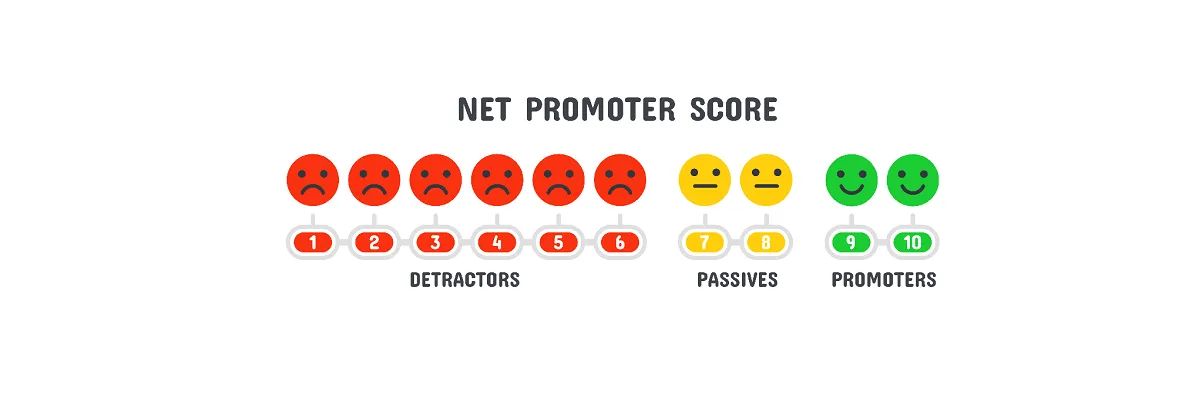Exit surveys are a powerful tool for understanding employee departures and driving workplace improvements. However, the effectiveness of these surveys often hinges on the level of honesty and transparency in the feedback provided. Conducting anonymous exit surveys for employee retention removes barriers, encourages candor, and helps organizations unlock deeper insights that may otherwise go unspoken. Here’s why anonymous exit surveys are vital for shaping a stronger, more resilient workplace.
-
Unfiltered, Honest Feedback
Departing employees may hesitate to share their true experiences if they fear burning bridges or negative repercussions. A study by Harvard Business Review highlights that many employees avoid honest feedback due to fear of retaliation or damaging future opportunities. Anonymous exit surveys for employee retention eliminate this fear, empowering employees to provide genuine, unfiltered feedback. This candor allows organizations to uncover underlying issues that often contribute to turnover—such as management concerns, lack of growth, or workplace conflicts—without compromising the employee’s comfort or trust.
-
Identify Hidden Patterns and Systemic Issues
When exit surveys are anonymous, employees are more likely to disclose recurring issues that may otherwise go unnoticed. Aggregating and analyzing anonymous data can help identify patterns across departments or teams. According to SHRM’s guide on exit interviews, organizations can use recurring feedback to inform management training and organizational policy improvements. For example, if several employees cite poor leadership as a reason for leaving, it signals a need for targeted management development or restructuring efforts. This is where anonymous exit surveys for employee retention provide crucial long-term value.
-
Use Anonymous Exit Surveys for Employee Retention Strategy That Works
Retention strategies are only as strong as the insights they are built upon. Anonymous surveys ensure authentic data by reducing bias and encouraging comprehensive responses. This allows organizations to pinpoint the exact factors contributing to turnover—whether it’s compensation, career stagnation, or lack of work-life balance—and craft solutions that directly address these issues. Leveraging anonymous exit surveys for employee retention enables HR teams to make data-driven decisions with clarity and confidence.
-
Foster a Culture of Trust and Openness
Anonymity signals to employees that their voices are valued and respected, even as they exit the company. Gallup research shows that employees are significantly more engaged when they feel their feedback is acknowledged and acted upon. This fosters a culture of trust, which can extend to current employees who see the organization actively listening and responding to feedback. Turning anonymous feedback into actionable insights reinforces the company’s commitment to continuous improvement and employee well-being. Anonymous exit surveys for employee retention help lay the foundation for this culture of openness.
-
Create Positive Offboarding Experiences
The offboarding process plays a key role in shaping an employee’s lasting impression of an organization. Anonymous exit surveys ensure that feedback is collected professionally and without pressure, leaving departing employees with a positive experience. Employees who feel heard—without fear of repercussions—are more likely to become brand advocates, referring to future talent and speaking positively about the company after departure.
-
Continuous Improvement for Long-Term Success
Exit surveys, when conducted anonymously, become a driver of long-term organizational change. Real-time reporting and analytics enable organizations to adapt quickly. McKinsey & Company emphasizes the importance of acting on feedback quickly to drive real organizational change. This not only improves employee retention but also creates a healthier, more engaging workplace culture.
Conclusion
Anonymous exit surveys aren’t just about collecting feedback—they’re about building a workplace that values transparency, trust, and growth. By removing identity from the equation, organizations gain access to deeper insights that drive meaningful change.
SurveyVista’s comprehensive feedback platform empowers companies to collect, integrate, understand, and act on anonymous exit data, transforming feedback into actionable strategies. With the right tools in place, businesses can enhance employee experiences, reduce turnover, and build a culture that prioritizes continuous improvement and employee well-being.
More Like This

Rajesh Unadkat 
Founder and CEO
Rajesh is the visionary leader at the helm of SurveyVista. With a profound vision for the transformative potential of survey solutions, he founded the company in 2020. Rajesh's unwavering commitment to harnessing the power of data-driven insights has led to SurveyVista's rapid evolution as an industry leader.
Connect with Rajesh on LinkedIn to stay updated on the latest insights into the world of survey solutions for customer and employee experience management.



